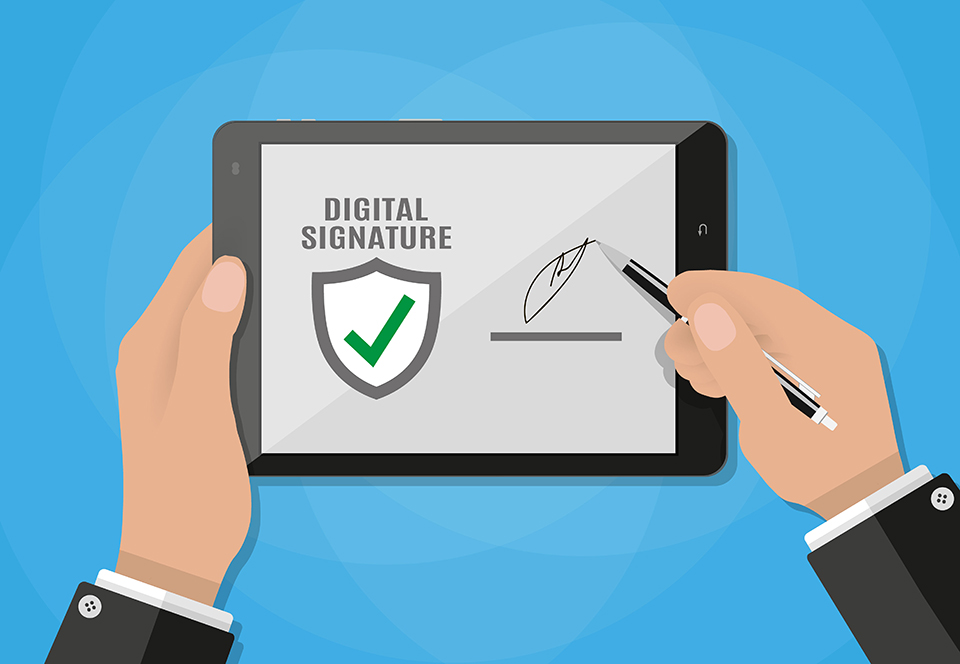Simplifying e-Verification with Digital Signature Certificates: Income Tax Department

The Income Tax department has taken steps to address common queries and challenges related to the use of Digital Signature Certificates (DSC) for e-verification. It is crucial for taxpayers to stay informed and take specific actions to avoid last-minute hurdles in the e-Verification process. Here, we delve into the FAQs provided by the Income Tax Department, shedding light on the significance of DSCs and the steps taxpayers must take for smooth e-Verification.
Checking DSC Expiry Date
The Income Tax Department emphasizes the importance of regularly checking the expiry date of your Digital Signature Certificate. This proactive measure ensures that your DSC remains valid and reliable for e-Verification purposes. An expired DSC could lead to complications during the e-Verification process.
Registering DSC with the e-Filing Portal
To utilize a DSC for signing Income Tax Returns or verifying responses to notices issued by the Income Tax Department and refund reissue requests, taxpayers must first register their DSC with the e-Filing system. The DSC acts as an electronic proof of identity, much like a physical certificate would for an individual or organization. This step is crucial for seamless authentication of electronic documents in the online environment, similar to how a handwritten signature authenticates a physical document.
The Role of DSC in e-Verification
Digital Signature Certificates play a pivotal role in the e-Verification process. They act as a secure and trusted method for confirming the identity of the individual or entity electronically. DSCs are instrumental in e-Verifying returns filed by taxpayers and are mandatory in specific cases, adding an extra layer of security and authenticity to the tax-filing process.
By adhering to these guidelines and addressing the FAQs provided by the Income Tax Department, taxpayers can ensure that their e-Verification process is smooth and efficient. Regularly checking DSC expiry, registering it with the e-Filing portal, and understanding the critical role of DSCs can help streamline the tax-filing experience and enhance the security of electronic transactions in the realm of income tax.